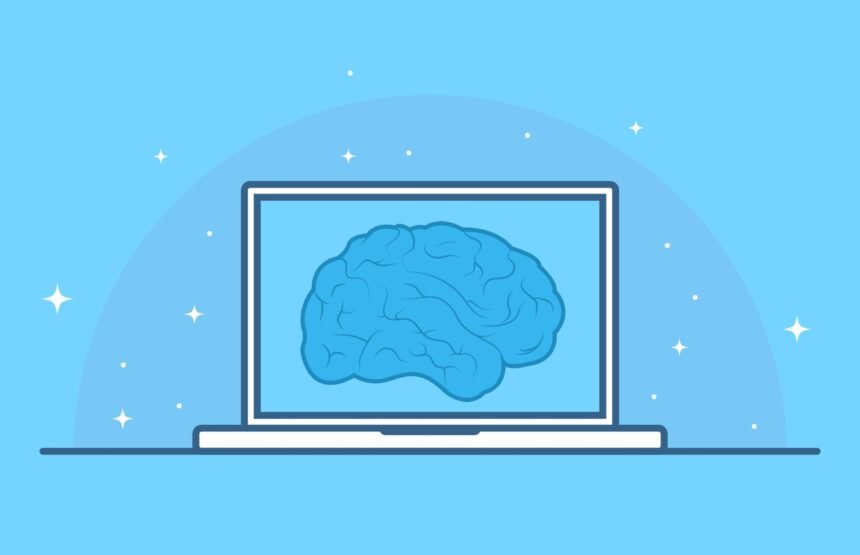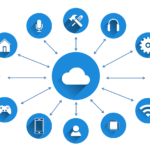AI assistants, also known as virtual assistants or digital assistants, are software applications that use artificial intelligence (AI) to perform tasks or services for individuals. These tasks can range from answering questions and setting reminders to controlling smart home devices and managing schedules. The list can be long as time passes and the systems energize themselves with data.
The Future of AI Assistants cannot be predicted, but has definite expectations. Here we discuss about some free AI Assistant and the role which they will play :
Examples of popular Free AI assistant include Gemini, and CoPilot, ChatGpt, Claude, MidJourney etc. . Also read our article on Interesting AI Assistants which have already started changing our lives.
Technological Advancements in AI Assistant like ChatGpt
- Natural Language Processing (NLP): NLP has significantly improved, allowing AI assistants to understand and respond to human language more accurately and naturally. This includes better handling of context, slang, and even emotions in conversations. As we evolve, our communication style will change , so will the future of AI Assistant like ChatGpt.
- Multi modal Capabilities: Modern AI assistants can process and generate responses across various forms of media, including text, voice, images, and video. For instance, Google’s Gemini 2.0 can handle multi modal queries, making interactions more versatile and intuitive.
- Integration with Smart Devices: AI assistants are increasingly integrated with smart home devices, enabling users to control lights, thermostats, security systems, and more through voice commands. This integration enhances convenience and automation in daily life.
- Enhanced Machine Learning Algorithms: Continuous improvements in machine learning algorithms have made AI assistants more efficient and capable of learning from user interactions to provide more personalized experiences.
Expectations : Future of AI Assistants
- More Advanced Personalization: Future AI assistants will likely offer even more personalized experiences by understanding individual user preferences and behaviors in greater detail. This could include proactive suggestions and actions based on past interactions.
- Improved Multi modal Interactions: As AI models like Gemini 2.0 evolve, we can expect the Future of AI assistants will be taking new heights and handle more complex tasks involving multiple types of media, such as interpreting images and videos alongside text and voice commands.
- Greater Autonomy: AI assistants are expected to become more autonomous, capable of performing tasks without constant user input. For example, they might manage schedules, make reservations, or even handle customer service inquiries on behalf of users.
- Enhanced Security and Privacy: With growing concerns about data privacy, future AI assistants will likely incorporate more robust security measures to protect user information and ensure secure interactions.
Examples (Free AI Assistant)
- Google Gemini : Google Gemini is poised to play a significant role in the future of AI, especially with the recent launch of Gemini 2.0. This new version introduces advanced capabilities, including multi-modal output with native image and audio generation, and the ability to use tools like Google Search and Maps
- Amazon Q : Amazon Q is set to revolutionize the future of work with its generative AI-powered capabilities. Announced at AWS reInvent 2023, Amazon Q is designed to assist employees by providing fast, relevant answers, generating content, and taking actions based on a company’s data and expertise
- Microsoft Copilot: Integrated into Microsoft 365, Copilot assists with productivity tasks such as drafting emails, creating presentations, and analyzing data, leveraging advanced AI to enhance workplace efficiency.
Role of Future AI Assistant
- Autonomous AI Agents: These agents will handle complex tasks with minimal human oversight. For instance, an AI agent could manage your email inbox, prioritize important messages, and even draft responses based on your communication style. In healthcare, AI agents could assist doctors by analyzing patient data and suggesting potential diagnoses.
- Generative AI: Advancements in generative AI will revolutionize content creation. For example, tools like DALL-E can generate realistic images from text descriptions, while GPT-4 can write entire articles or stories based on a few prompts. In the entertainment industry, AI could create virtual actors for movies or generate new music compositions.
- Humanoid Robotics: AI-powered humanoid robots will become more prevalent in various sectors. For example, robots like Boston Dynamics’ Atlas can perform tasks such as package delivery in warehouses or assist in disaster response by navigating through rubble to find survivors.
- AI with Persistent Memory: Future AI systems will have persistent memory, enabling highly personalized interactions. For instance, a virtual assistant could remember your preferences for morning routines, such as your favorite news sources or coffee order, and adjust its suggestions accordingly over time.
- Synthetic Data: The use of synthetic data will accelerate AI model development. For example, in autonomous driving, some companies use synthetic data to simulate millions of driving scenarios, helping to train their self-driving cars more effectively and safely.
These advancements and future trends indicate that AI assistants will continue to evolve, becoming more integral to our daily lives and enhancing our ability to interact with technology seamlessly.









